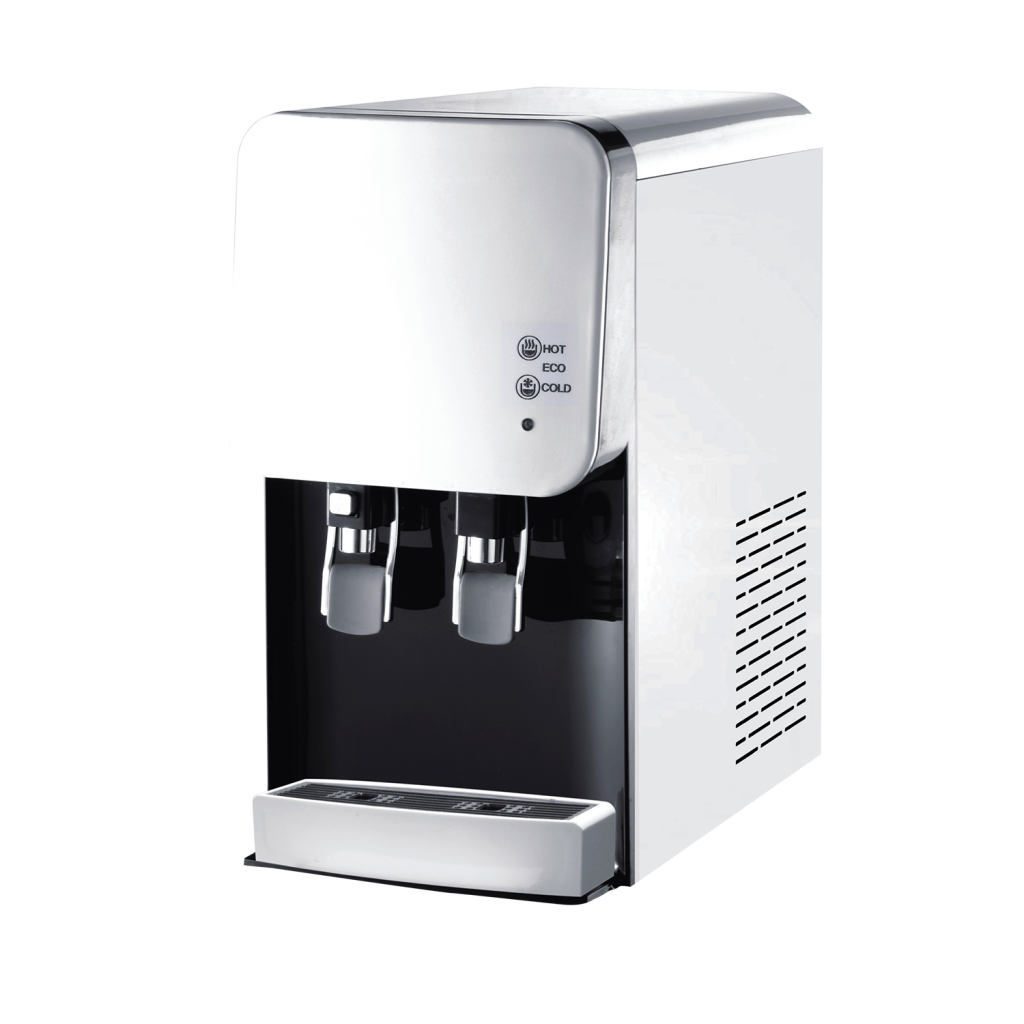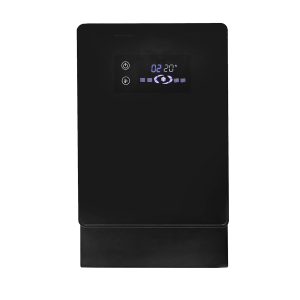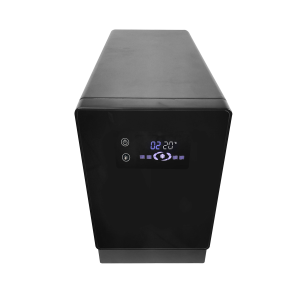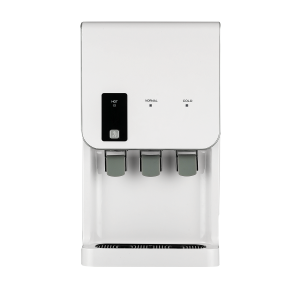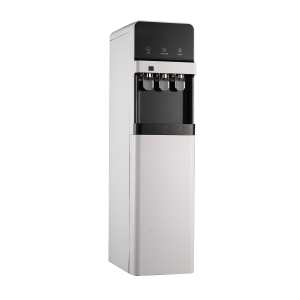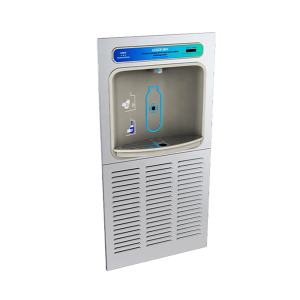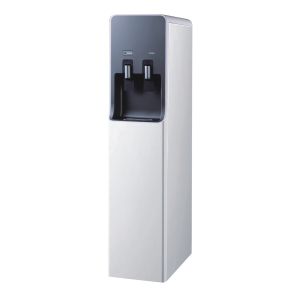When the heat is on, there’s nothing better than a refreshing glass of cold water. But how do you keep your water cool throughout the day, especially during sweltering summer months? The answer lies in a drinking water chiller. If you’re tired of relying on ice cubes or constantly filling up the fridge with water bottles, a drinking water chiller could be the solution you need.
In this comprehensive guide, we’ll dive into everything you need to know about drinking water chillers. From how they work to choosing the right one for your needs, we’ve got you covered.
What is a Drinking Water Chiller?
A drinking water chiller is an appliance designed to cool water to a comfortable, refreshing temperature, typically lower than room temperature, without the need for ice. Unlike traditional refrigeration, these units are built specifically to chill water quickly and efficiently. Whether it’s at home, in the office, or in a commercial setting, a water chiller can ensure you always have cold water at your fingertips.
How Does a Drinking Water Chiller Work?
Water chillers work by passing water through a cooling system, often using a refrigeration unit, to lower the temperature of the water. This can be done through various mechanisms, such as:
- Compression refrigeration: Using a compressor to cool the water.
- Thermoelectric cooling: Using the Peltier effect to transfer heat from one side to the other.
The cooled water is then stored in a reservoir until it’s dispensed for drinking.
Types of Drinking Water Chillers
Not all drinking water chillers are created equal. Depending on your needs and space, there are different types to consider:
1. Countertop Water Chillers
If you’re looking for a compact solution, countertop water chillers are a great option. They’re easy to install, don’t take up much space, and can provide chilled water on demand.
Benefits of Countertop Water Chillers:
- Space-saving design
- Easy installation
- Affordable
2. Freestanding Water Chillers
Freestanding chillers are larger units that can chill a larger volume of water. These are ideal for homes or offices where there are multiple people who drink water regularly.
Benefits of Freestanding Water Chillers:
- Can store larger quantities of water
- Often come with additional features like filtration
- Great for high-traffic areas
3. Built-In or Under-Counter Water Chillers
For those who want to keep things sleek and integrated, under-counter water chillers are the way to go. These units are installed beneath the counter and provide a continuous supply of chilled water.
Benefits of Under-Counter Water Chillers:
- Seamless integration into your kitchen or office
- Saves countertop space
- Often comes with advanced filtration systems
Factors to Consider When Choosing a Drinking Water Chiller
1. Size and Capacity
One of the first things to consider when purchasing a drinking water chiller is the size and capacity of the unit. You need to think about how much chilled water you need on a daily basis. A large family or office might need a unit with a larger reservoir, while a single person or small household might prefer a compact option.
2. Cooling Time
The time it takes for the chiller to cool the water can vary. If you’re in a hurry or want water on demand, look for a model that chills water quickly. Some units chill water in minutes, while others may take longer.
3. Energy Efficiency
No one likes a high energy bill. Look for a drinking water chiller that’s energy efficient. Many modern models are designed to minimize energy consumption, ensuring you get cold water without running up your electricity costs.
4. Filtration System
While a drinking water chiller cools your water, it’s important to consider the quality of the water as well. Many modern chillers come equipped with filtration systems that remove impurities, ensuring that the water is not only cold but also clean and safe to drink.
5. Price and Warranty
The price of a drinking water chiller can vary widely based on brand, size, and features. Generally speaking, countertop models are more affordable, while freestanding and under-counter units tend to be more expensive. Always check the warranty offered by the manufacturer to ensure you’re covered in case of defects or issues.
The Benefits of Drinking Cold Water
Drinking cold water is more than just refreshing—it has a range of health benefits, especially when you’re active or during hot weather.
1. Increases Hydration
Cold water is more likely to encourage hydration because it’s more refreshing than room-temperature water. Many people find it easier to drink large quantities of cold water, which is crucial for staying hydrated.
2. Boosts Metabolism
Drinking cold water can help boost your metabolism, as your body works to warm the water to body temperature. This slight increase in energy expenditure can help you burn a few extra calories throughout the day.
3. Enhances Performance
Whether you’re working out or working at your desk, staying hydrated with cold water can enhance focus and performance. Your brain needs water to function properly, and keeping it cool can prevent sluggishness.
Maintenance and Care for Your Drinking Water Chiller
To keep your drinking water chiller working efficiently and hygienically, regular maintenance is key.
1. Clean the Water Reservoir
To avoid bacteria buildup, it’s essential to clean the water reservoir regularly. Empty the tank, rinse it with mild soap and water, and allow it to dry completely before refilling.
2. Change the Filters
If your unit has a filtration system, be sure to change the filters periodically. This ensures that the water remains clean and fresh.
3. Check for Leaks or Malfunctions
Perform routine checks for leaks or any signs of malfunction. If the water is not cooling as it should or if you notice unusual sounds, it may be time to call a professional.
Conclusion
A drinking water chiller is a convenient and efficient way to ensure you have a constant supply of cold, refreshing water. Whether you’re looking for a compact countertop model or a larger freestanding unit, there are plenty of options to choose from. Remember to consider factors like size, cooling time, energy efficiency, and filtration when making your purchase. And with proper care and maintenance, your drinking water chiller can provide you with cool water for years to come.
Frequently Asked Questions (FAQs)
1. How often should I clean my drinking water chiller?
It’s a good idea to clean the water reservoir at least once every two weeks, or more frequently if you use it daily. Also, change the filter every 3-6 months depending on usage.
2. Can I use a water chiller for hot beverages as well?
Most drinking water chillers are designed specifically for cold water. If you need hot water, look for a unit that offers both hot and cold options.
3. Are drinking water chillers energy-efficient?
Yes, many modern drinking water chillers are designed to be energy-efficient, so they won’t significantly raise your electricity bill.
4. Do I need a water filter with my chiller?
While some models come with built-in filters, having a separate water filter ensures that you’re drinking pure and clean water, free of contaminants.
5. Can a drinking water chiller replace a refrigerator for storing water?
While a chiller can cool your water, it won’t replace a refrigerator for long-term storage. If you need to store water for days, a fridge is still your best option.
